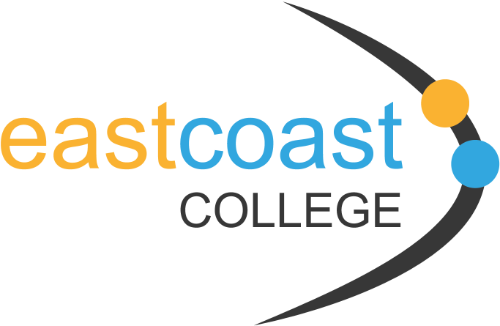Course: Access to HE Diploma (Computing)
Study Level
Level 3
Location
Lowestoft Campus
Duration
One year
FT / PT
Part-time
Access to Computing is an exciting course which prepares you for a wide range of university courses including computing degrees and relevant pathways. It will build on your existing experience and abilities and prepare you for the demands of study at university or in some other form of advanced education or training.
Units you may study include
- Computer science basics
- Introduction to programming
- Computer networks
- Databases
- Introduction to web technologies
- Introduction to systems analysis
- Introduction to Java programming
You will also study two ungraded skills units incorporated to prepare you for a smooth transition into higher education – critical thinking and study and presentation skills.
In addition to the formal lessons, individual tutorials and careers advice sessions will also be held with you throughout the course.
Work experience is highly recommended as part of the programme although is not compulsory or assessed and therefore you can complete the programme without it. However, in order to enhance your applications and to achieve a competitive UCAS application you will be strongly encouraged to gain work experience in a relevant placement arranged by you. More details will be discussed during the interview process.
Requirements
A sufficient standard of numeracy and English language is needed to cope with the demands of the course. It will be expected that you have gained a GCSE C grade/ grade 4 in English and maths prior to entry to the programme.
We would advise anyone requiring both GCSEs to undertake these in one year and follow this with Access enrolment the following year. You may be able to study for one GCSE in either English language or maths alongside the Access course. This will be discussed during the interview process.
All students will also undertake a diagnostic assessment during the course interview or induction process.
Assessment
Assessment methods are varied on the course and mirror assessment methods that are likely to be experienced on most university degree programmes. Assessments take the form of essays, presentations, case studies, research project and written examinations. Additionally, assessment for the study skills units is a portfolio of evidence which is compiled throughout the year. Assessments are graded as Pass, Merit or Distinction, with the exception of study skills units which are ungraded.
Progression
You can progress to a higher education course in computing such as FdSc Computer Technologies through the University of Suffolk at East Coast College or to other higher education institutions. This course will ensure you are trained with the relevant technical computing knowledge and skills (e.g. fundamental elements of computer science, programming, systems analysis, databases and web development) alongside more general academic skills (e.g. higher education study skills, maths and academic writing) at an appropriate level to facilitate a smooth progression to higher education.
